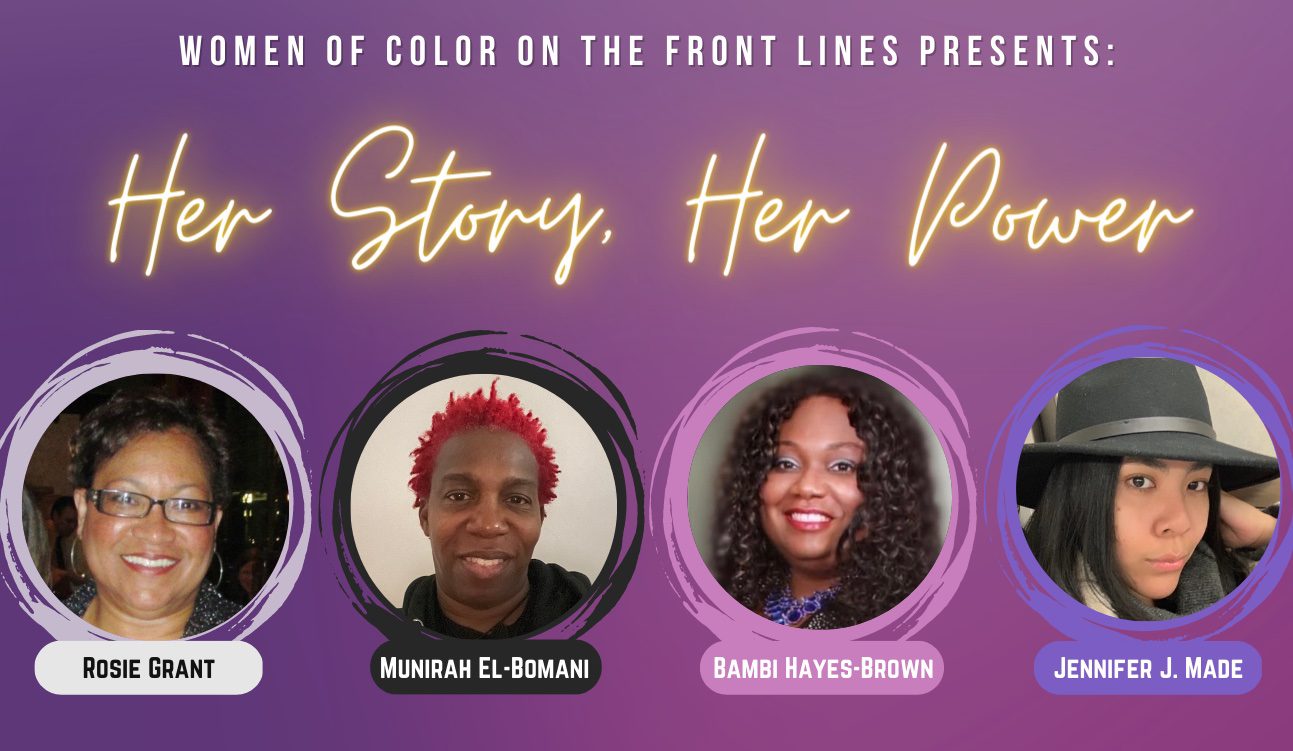
From left, Chris Estes, Egbert Perry, Samuel Kirkland, and Noel Khalil at the National Housing Conference. Photo © National Housing Conference, used with permission.
I had an interesting chat over lunch on the train home from National Housing Conference’s Solutions 2013 in Atlanta last week. The couple I was speaking with was from Athens, Georgia, and they were concerned that the many people stuck in their city’s “projects” didn’t have great access to jobs (in large part, as they suspected, because the University of Georgia students snapped up entry-level service jobs at the university). Wouldn’t it be better to “just” give them all vouchers and send them to Atlanta, they wondered?
There are, of course, many reasons why it’s more complicated than that. While people should always have the chance to move to pursue opportunity, forcing them to leads to a host of health problems, loss of social networks that could have supported them through tough times, etc.
And vouchers, as most housing advocates know, have fallen well short of their promise of providing access to opportunity, instead, tending to reconcentrate voucher holders in new low-opportunity areas, but now with new utility bills and without the social networks and supports they left behind. In some studies, as many as 80 percent of landlords wouldn’t accept housing choice (section 8) vouchers.
This problem is only being exacerbated as private equity firms snap up single-family homes and rent them out. In a place like Atlanta, this amounts to thousands and thousands of units at a time, and most of them are not eager to take vouchers.
Now, it’s one thing to make this argument to some random folks I met in my travels. I think many people have had to explain such things around the proverbial holiday dinner table, and likely to more skepticism than I received this time.
But it’s also worth remembering that the “vouchers = freedom” formulation is also widely accepted within the affordable housing “big tent” as it were.
Case in point from Solutions 2013:
One morning’s panel, framed as an exploration of the different trends facing affordable housing development in urban, suburban, and rural areas, featured Egbert Perry, CEO of The Integral Group (urban) and Noel Khalil, CEO of Columbia Residential (suburban), two well-respected for-profit developers of affordable housing and mixed-income redevelopments.
Both said many useful things; they clearly know their business and how to create and manage successful developments. But both also repeated many opinions that I think housing advocates would not let go quietly by if they came from political opponents rather than allies: comments about the bedrock importance of work requirements for public housing (despite lack of jobs and other critiques of the requirements), for example, and the simplistic “vouchers = freedom” rhetoric.
At lunch that day, HUD Secretary Shaun Donovan spoke strongly about what can be achieved when the “big tent” of housing speaks with one voice—as in the pushback on the proposed high downpayment QRM proposal of last year, which seems likely to have been beaten.
But if we’re going to be stronger, we need to do more than turn to our neighbors and say, as I did at that breakfast panel, “What voucher program is he talking about?”
We need to educate each other about our parts of the affordable housing field, our particular expertises. So, tenant organizers and others who work directly with voucher recipients need to make sure that their voices are heard by others in the “big tent” who tend to focus on development, so when we advocate for a better and stronger voucher program, and the retention of some place-based rental assistance, we can be on the same page, as we were with QRM.
Similarly, if developers want more “big tent” support for Choice Neighborhoods funding, for example, as I heard some people bemoan the lack of, it may help to have a dialogue about how the current laws, funding streams, and procedures constrain their choices, and listen to residents and advocates about their problems with public housing redevelopment that Choice has not yet solved.
We will have a hard time coming to more common ground inside the big tent if we ignore the fact that we aren’t at that common ground yet.
There will remain ideological divides (that’s why they call it a big tent), but I think there are also many opportunities to find overlap and raise our voices as a larger group for something we all believe in, both nationally and locally.
Perry, for example, candidly noted at one point that his work has made a lot of other people a lot of money—as in, once a redevelopment is finished, values rise in a neighborhood and other property owners and developers cash in. Given that he recognizes this imbalance, it may not be too much of a reach to think that he and others in his position could understand the irony and waste of residents being priced out of a newly redeveloped neighborhood and join with them to support efforts to capture some of that publicly created value and direct it toward permanent affordability.
One of the great things about the National Housing Conference is that it brings together such a wide variety of parts of the field. Now to reach across our own aisles…





Comments